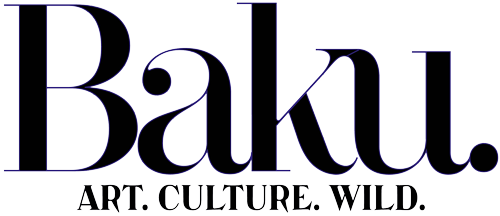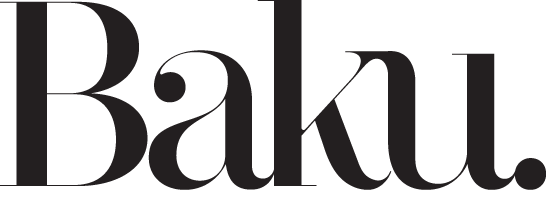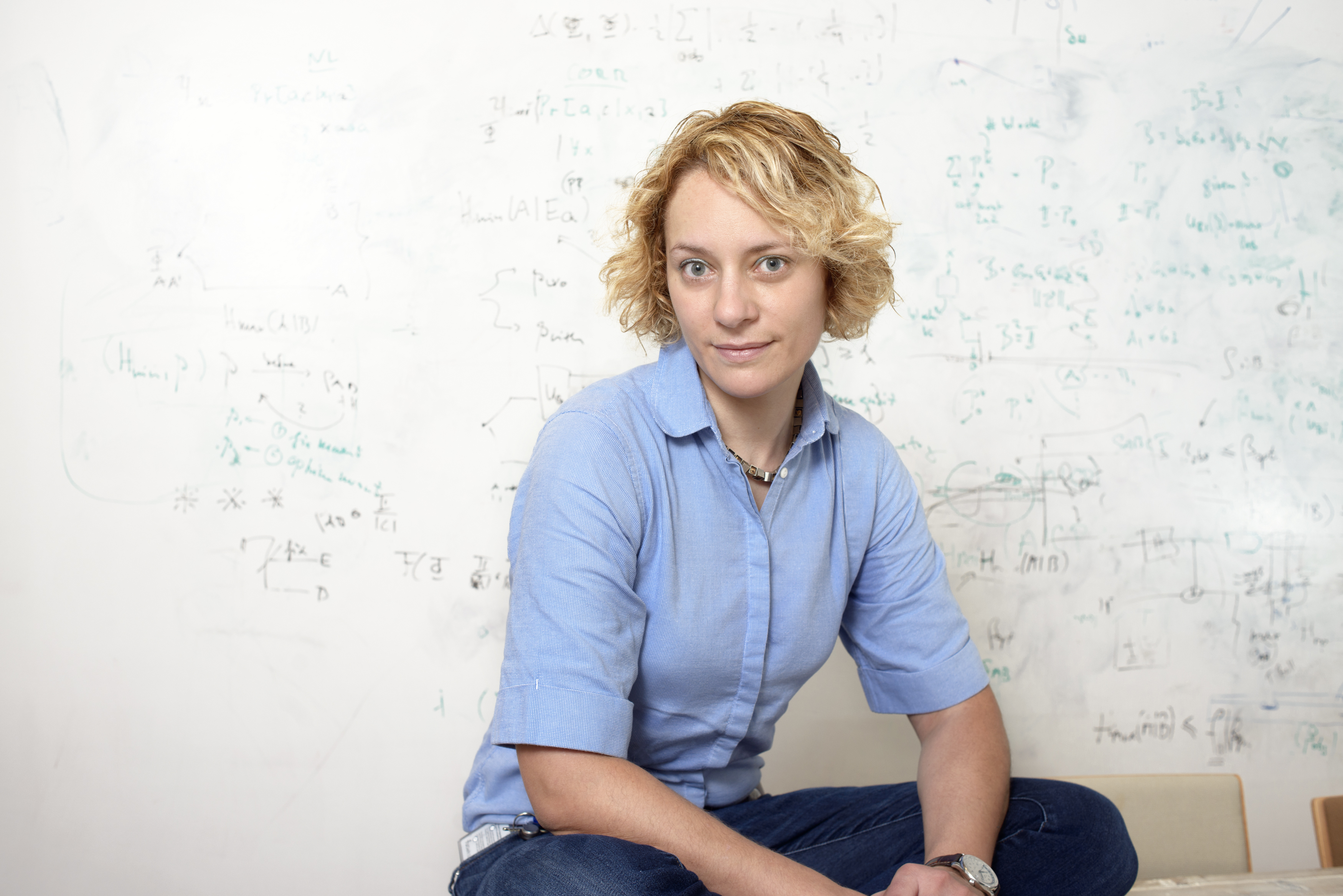Stephanie Wehner is the Antoni van Leeuwenhoek Professor in quantum information at the Technical University of Delft. A former hacker and security consultant, she now describes her job as “hacking nature”. Wehner seeks to understand and harness the power of the quantum world of atoms and subatomic particles and forces to create new technologies. Here she talks to Michael Brooks about her work building a quantum version of the internet, and what it’s like to be a woman working in physics
Did you come from a family that encouraged an interest in science?
Not at all – in fact, I only developed an understanding of what science is all about somewhat late. I was very interested in computer networks and hacking and that’s what I engaged in during high school. After school I worked for an internet provider and then for security company. I only went to university, and got interested in science, in my early twenties.
Do hackers and scientists share a similar mindset?
The essence of hacking is that you investigate something and try and find out how it works and use it in ways that have not yet been foreseen – in fact, you could argue that hacking is science in its purest form. So I suppose, in a way, I’ve always been a scientist!
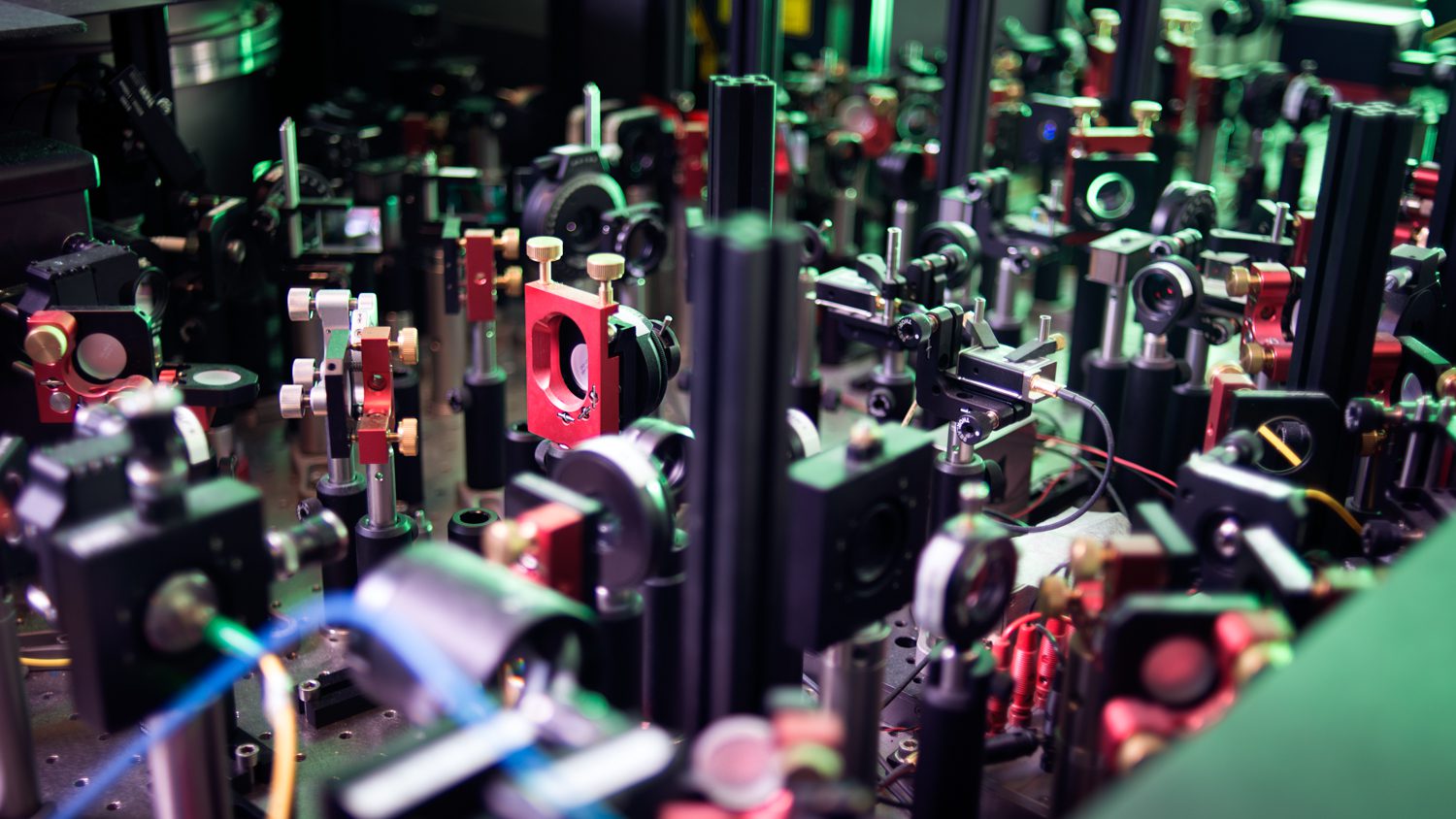
Part of an experiment investigating the use of Nitrogen vacancy centres, atomic-scale defects within a diamond crystal, as the nodes of a future quantum internet.
Can you explain what are you working on right now?
I’m working on a project to create the quantum internet. My subject, quantum information science, builds communications and computing technologies using the fundamental constituents of the universe: atoms; photons (the particles of light) and other subatomic particles. The quantum internet is a way of allowing all these technologies to communicate over long distances. This has the potential to be incredibly powerful – a truly world-changing technology.
Why is it going to change the world?
Quantum computers will process information way more efficiently, and open up new ways of doing things like drug development, training artificial intelligence and cracking traditional encryption methods. Quantum communications will change the way we send information around the world, and usher in an age of truly unbreakable encryption that is protected by the laws of physics. In many ways, we don’t yet know exactly what will happen when it’s all here, but we are sure it will be revolutionary.
How close is this revolution?
Basic quantum computing and encryption is already here. At the moment the quantum internet, through which quantum computers will communicate, is in a twilight between being real and just a theoretical idea. We are planning to set up a demonstration network in the Netherlands: in 2020, we hope to have a test channel operating between Delft and The Hague. This is going to be the only network in the world that can connect remote quantum processors. But it will probably take 10 or 15 years before it’s truly widespread and not just a demo.
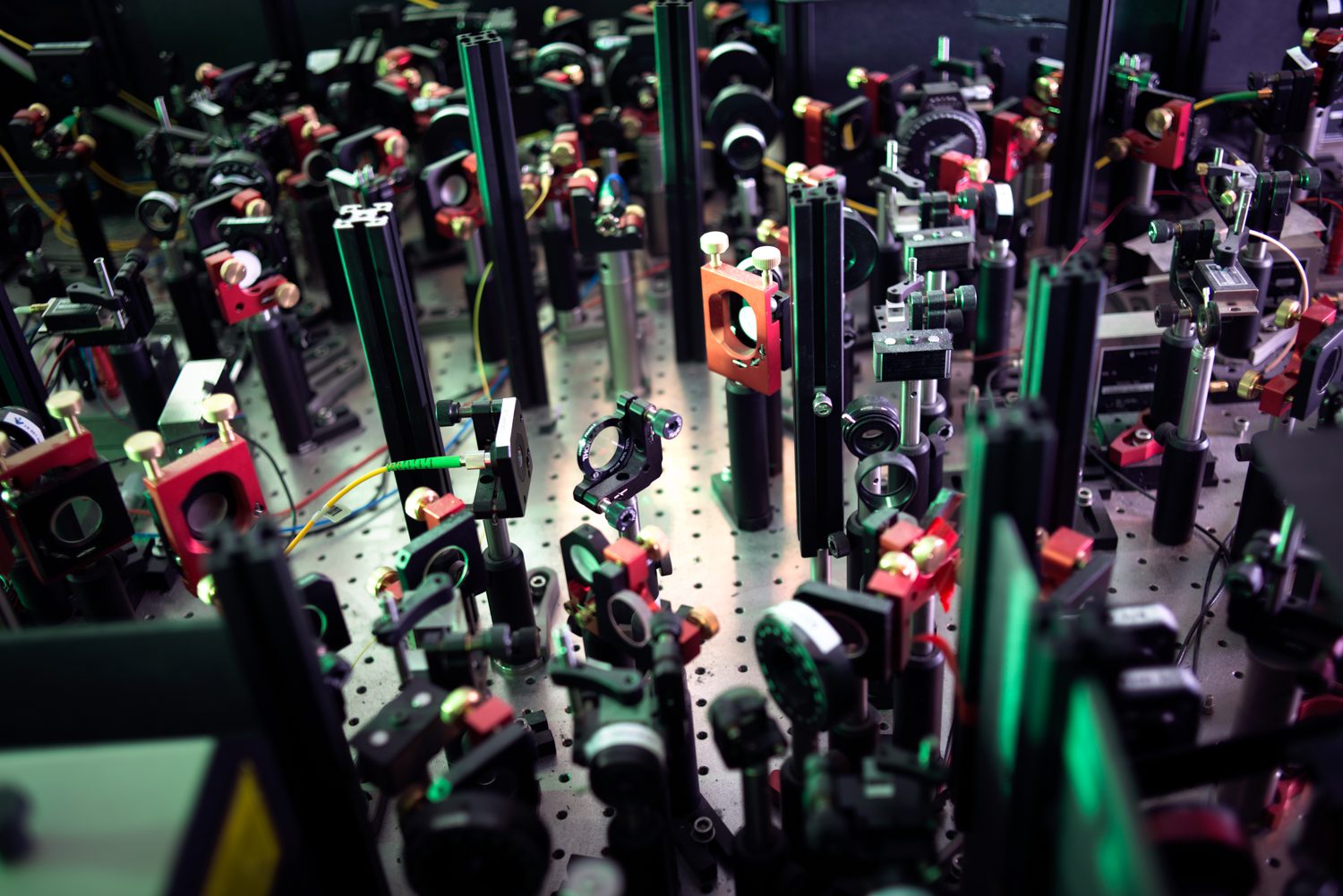
These quantum systems show great potential for allowing entanglement to be created over long distances by using optical links to connect nodes, enabling secure communications, enhanced sensing and distributed quantum computing.
What’s it like to be a woman working at the cutting edge of physics?
Sometimes it can be quite challenging, and isolating. For instance, there are quantum information co-ordinators for each country in Europe. I’m the representative for the Netherlands, but I’m the only female co-ordinator in all of Europe. It’s ridiculous: I have meetings where it’s me and 50 men. It’s very important that we change this. It’s not enough just to hire more female physicists – we have to allow them to take up positions of influence.
The quantum world is famously weird: Richard Feynman said no one can really understand it. Is that how you see it?
Not really: when you work on something for a long time, you get used to it, and it’s become very intuitive for me. So I do feel we can make sense of it, and understand what’s going on – but maybe my perception is being polluted by familiarity!
Do you enjoy your work?
Well, there’s constantly gazillions of things to do. I’m a theorist but for me, theory is a means to an end. I want to understand how something really works in nature, and I want that understanding to be tested, so I find it very exciting to be involved with people who are building things, as we are with the quantum internet. To me, it’s all extremely interesting; I never have to actually make myself do any of my work – apart from the admin, of course!
Do you ever get stuck?
I do – sometimes for years. But there’s different kinds of stuck. Sometimes you can be stuck because a particular theorem you’re using is not actually true, and you have to find some other way around it. Sometimes it works just to go and do something else for a while. My favourite solutions to this generally involve beer or surfing.
Images courtesy of the Technical University of Delft
